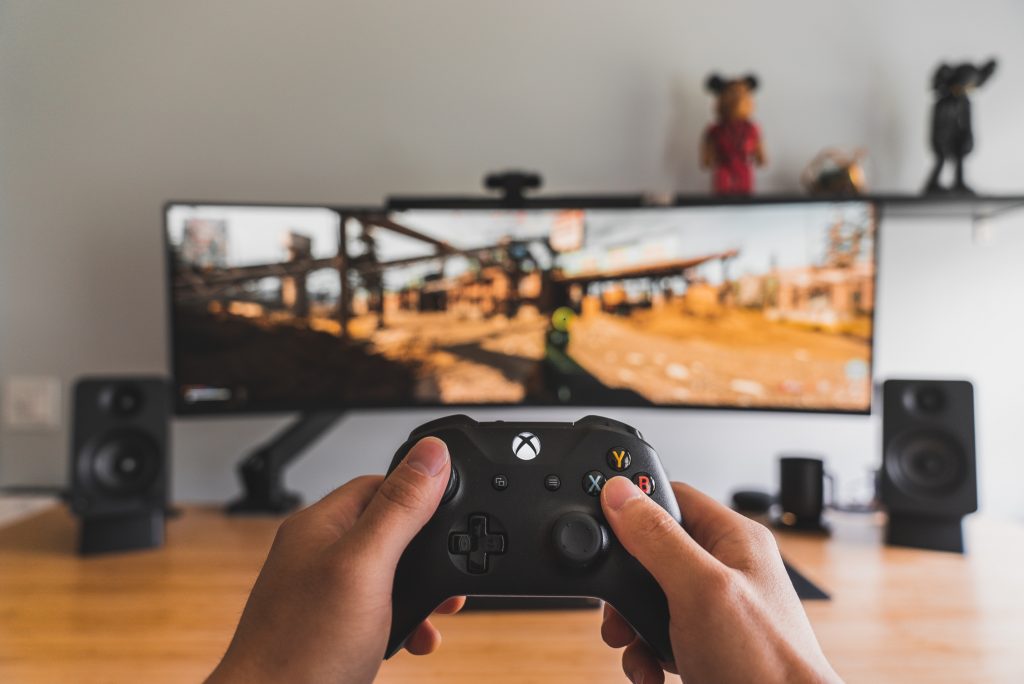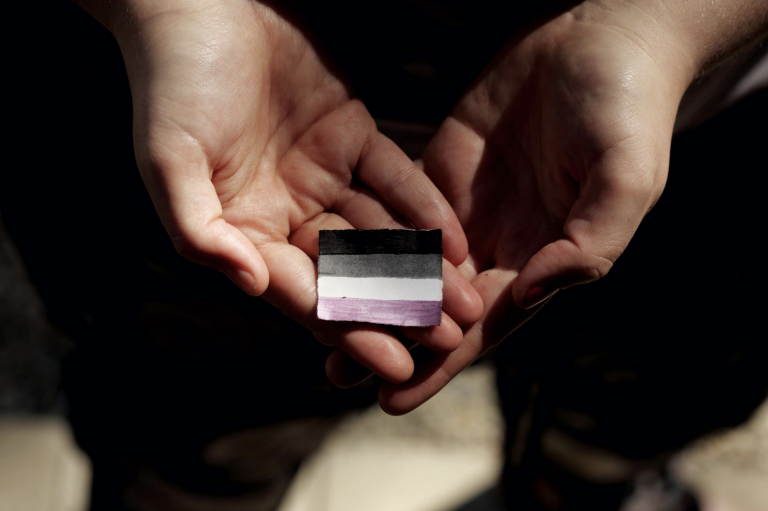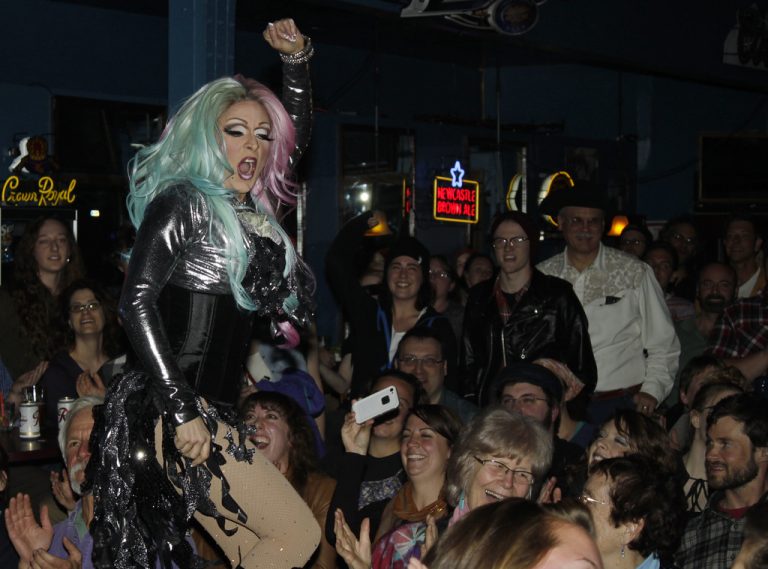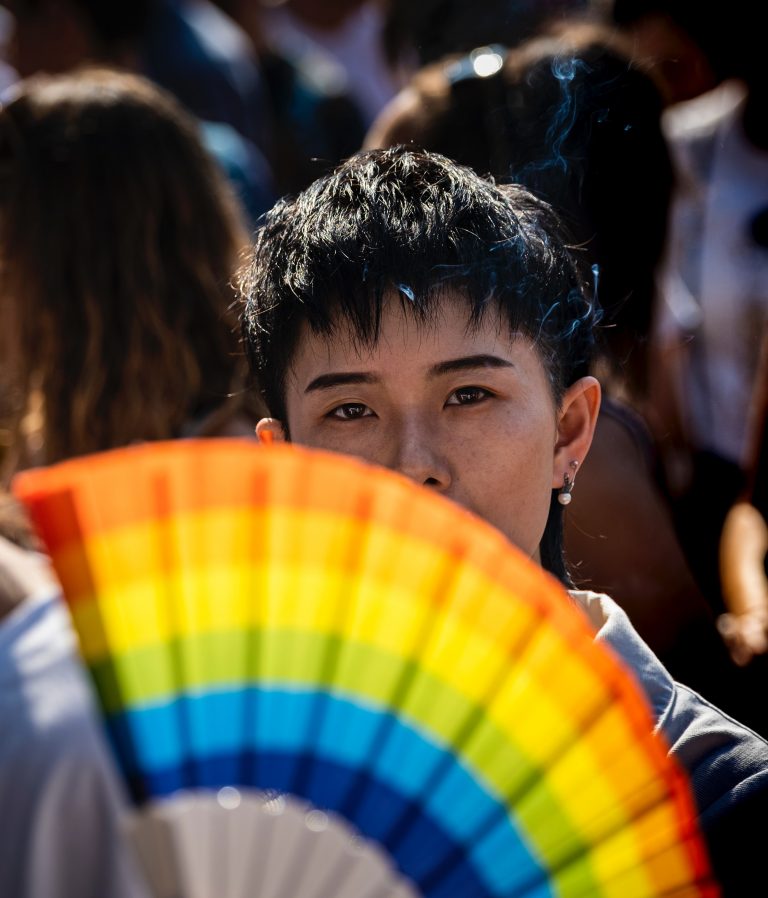What is the Importance Behind LGBTQ+ Representation in Video Games?
To some people, video games are an integral part of their lives. The entertainment medium allows people to connect with others worldwide and enjoy recreational activities from the comfort of their homes.
With this in mind, the fight for representation for the LGBTQ+ community exists beyond the real world. Representation for the queer community in the virtual world can be just as important for some individuals.
Why is Representation in Video Games Important?
The time of the stereotypical boy who plays video games in his basement is an image of the past. Nowadays, two-thirds of all Americans play video games in some form. The article reports that at least 21% of video game industry people identify as LGBTQIA+ yet are less likely to be represented in games.
Games with more LGBTQ+ representation are becoming more noteworthy, with iconic titles such as Dragon Age, The Sims, and Stardew Valley rising in popularity. The ability to customize and choose our character’s path in games like these allows for more creative expression that either accurately represents the life of the player or creates a space that safely allows for queer expression when the player’s reality does not.
One problem is that these online spaces do not fully understand queer identities. An article by Henry Giardina lists recent statistics, including the fact that 73% of LGBT gamers reported cases of harassment based on their sexual orientation or gender identity. Furthermore, Giardina notes how heterosexual esports streamers bring in more revenue while LGBTQ+ gamers spend 8% more money on video games than their straight counterparts.
The homophobia of reality creeps into online communities and hinders the creation of an inclusive space for its participants. The increase in financial support from the LGBTQ+ community within the gaming industry and the fact that queer gaming streamers do not make more money, illustrate an apparent discrepancy in the treatment those individuals receive.
How Inclusive is the Video Games and Esports Industry?
In some ways, the video game industry reflects the realities of its developers. An opinion article by David Gaider, a writer for the Dragon Age series, discusses the difficulties of existing as a gay game writer. He claims that the issue his identity presents with him should be a non-issue as he is merely “a developer who happens to be gay.”
Gaider notes that the small steps that game developers make to give LGBTQ+ gamers some representation risk interpretation as a “gay game.” At the same time, incorporating these perceptions can act like a baby step toward the natural inclusion of queer themes in video games.
Similarly, the esports (Electronic Sports) industry faces discrimination issues. Vincent, who goes by Biofrost in gaming spaces, offers an account of growing up gay and existing as a gay man in the esports industry. Vincent’s account of acting as a crucial member of various esports teams while also dealing with homophobic remarks from his team members illustrates his outsider status despite the importance of his role.
What Can We Do to Improve LGBT Representation in Video Games?
Thankfully, the gaming and esports industry is slowly becoming more inclusive. However, discrimination against queer game developers, consumers, and professional players is still a pertinent issue.
The topic of LGBTQIA discrimination will not disappear quickly. It is also important to note how rainbow capitalism plays a role in the video game industry. Bryant Francis from Game Developer points out that while LGBTQ+ representation in video games is slowly improving, discrimination against queer employees remains an issue that makes progress appear superficial and for financial benefit.
A study by Promundo points out that in 2021 only 0.03% of characters in video games identified as LGBTQ+, whereas the general US population had 4.5% of people identifying as queer. To address the homophobia in video games, Promundo suggests that change can begin with the game developers.
Game developers can increase the number of women, LGBT, and people of color in video games without relying on stereotypes to represent this communities’ diversity. For some developers, making these changes can prove challenging, but constantly dismantling caricatures and monolithic perceptions of these diverse communities is a vital step toward promoting diversity within video games to represent its players accurately.





